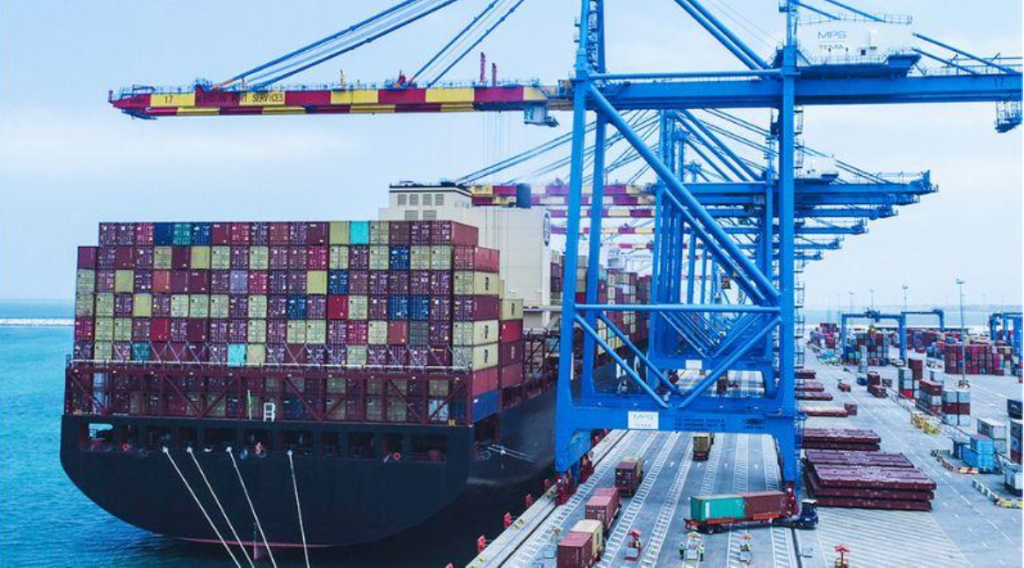There may be several participating parties in an end-to-end value chain node in any international shipping. Generally, one of such nodes is a container terminal where shipping containers are received, stored, customs cleared and dispatched. Usually, the participating parties at these terminals may be shipping lines, terminal operators and freight forwarders, importers and exporters.
There are flows of value additions and costs at these value chain nodes. One of such costs is demurrage, which is a cost that is incurred when container-cargo remains at ports or terminals beyond an allotted free days or time. Demurrage is a cost incurred by reason of delay in clearing an import sea-going container within the allotted free time. In practice, demurrage is a charge on imported containerized goods. It is paid, normally by the consignee of the cargo concerned, to the shipping line or the representative of the main carrier which is responsible for the import container.
Varying reasons can be traced to the causes of demurrage. Notable among the tall list is delays in the payments of customs duties. The practice in most business contracts regarding customs clearance of imported goods, is that the consignee pays the customs duties upon the presentation of the bill of entry or customs import declaration prepared for the goods, by the customs house agent assigned and responsible for clearing the cargo. If the consignee delays in effecting payment of the customs duties in time to enable the cargo to be customs-cleared within the free time allotted, demurrage will certainly set in. And until the customs duty is paid and cargo customs-cleared from the terminal, demurrage will keep counting including holidays and weekends. It becomes worrying if the cargo is a ‘house-to-house’, meaning the container has to be taken out from the terminal to the consignee premise or warehouse where the cargo is stripped and the empty container is returned to the empty yard. Most consignees find this phenomenon very hard to comprehend. However, in shipping there is this maxim, “once on demurrage, always on demurrage”. What it simply inferred, is that, once an import container is on demurrage, the counting will continue unabated until the cargo is cleared and the empty container is admitted into the empty yard to end the live cycle of that import container.
In Ghana, demurrage per container, either 20 foot or 40 foot, can be substantially high. Paying demurrage is very painful and is a drain on the purse and cash flow of the consignee and eventually the company’s bottom line. An importer likened the pain and the experience of paying demurrage to putting physical cash into water-closet and flashing it away – waste of scare resources.
At Eagle Freight Limited, we encourage importers to plan well ahead of time of arrival of anticipated import cargoes. We share customs duty estimates with consignees in advance of the arrival of the import cargo. This we do free of charge in the hope to supporting our cherished customers to plan for the financial requirements involve such that, as much as possible, we both as partners avoid the pain of paying demurrage on the imported cargo.
Demurrage, detention charges, rent and storage charges could be avoided or minimized by proactively monitoring and giving timely feedback on shipments concerns barring any financial constraints of the consignee.



